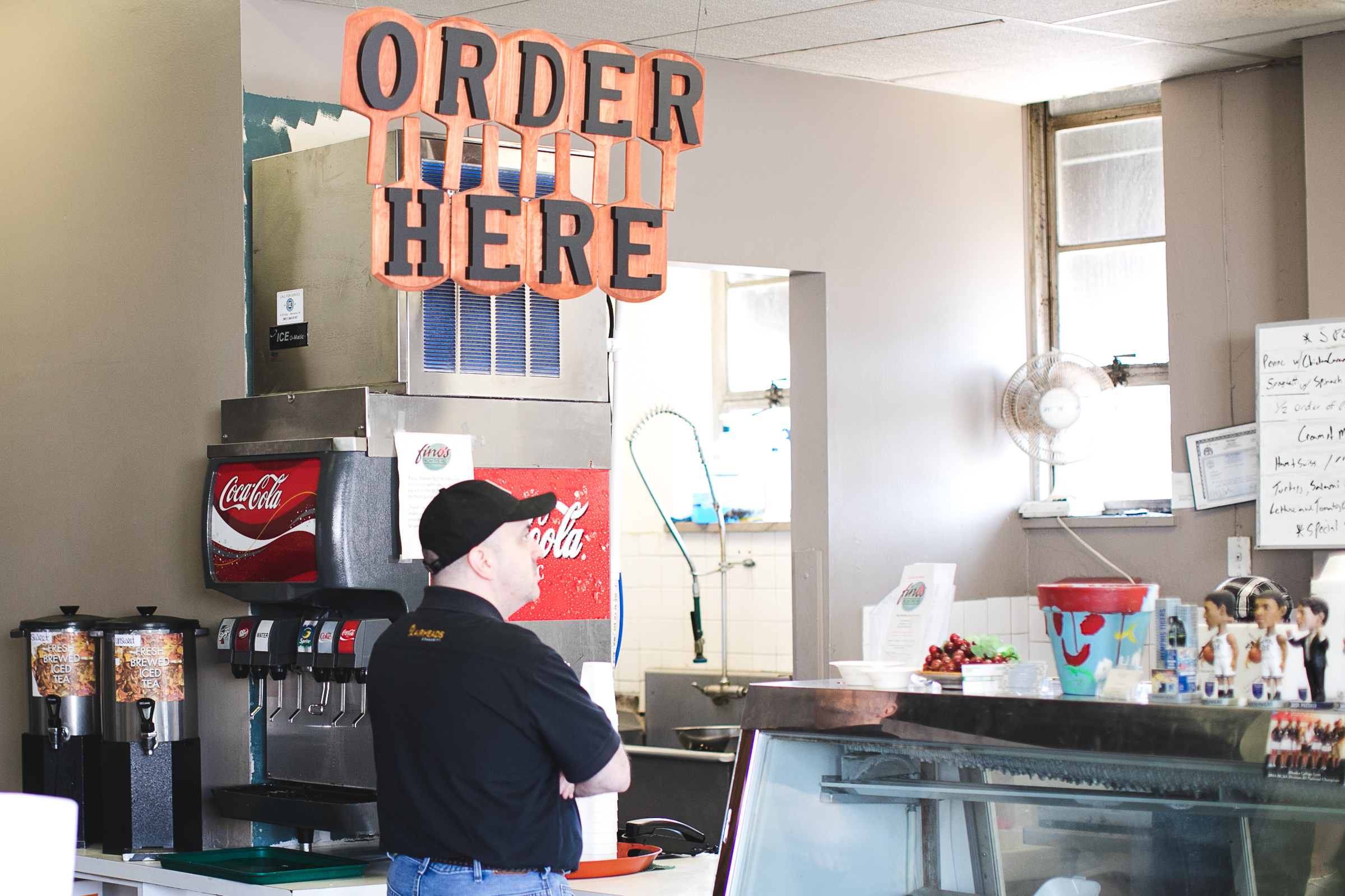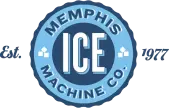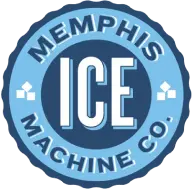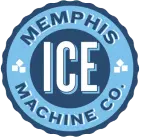proudly serving
the mid-south

Cold Storage Installation for Healthcare Facilities: Ensuring Safe and Reliable Medical Storage Solutions
Installing cold storage in healthcare facilities is essential to maintaining the safety and efficacy of temperature-sensitive medications, vaccines, and medical supplies. Proper cold storage installation ensures precise temperature control, compliance with health regulations, and reliable operation, protecting both patients and your facility’s reputation.
When you work with experts like Memphis Ice, you gain access to tailored refrigeration solutions designed to fit your specific healthcare environment. From walk-in coolers to specialized freezers, the right equipment and professional installation can reduce risks and streamline your daily operations.
Your cold storage setup must also consider space planning, humidity control, and ongoing maintenance to avoid costly downtime. With decades of experience supporting the Mid-South, Memphis Ice offers seamless service you can trust to keep your medical supplies safe and your facility compliant.
Importance Of Cold Storage In Healthcare Facilities
Cold storage is vital for maintaining the integrity of medical products in healthcare settings. Proper refrigeration prevents spoilage, supports compliance with regulations, and ensures vaccines remain effective when administered to patients.
Protecting Temperature-Sensitive Medications
Many medications lose potency or become harmful if exposed to incorrect temperatures. Cold storage keeps these drugs within strict temperature ranges, preserving their safety and effectiveness. This applies to insulin, biologics, and certain antibiotics that require temperatures between 2°C and 8°C.
Unstable drugs can cause treatment failures or adverse reactions, so reliable refrigeration systems reduce risk. Using advanced temperature monitoring and alarm systems helps you quickly identify any deviations and prevent costly losses.
Trusting experienced providers like Memphis Ice to install and maintain your cold storage ensures consistent performance and peace of mind for your staff and patients.
Ensuring Regulatory Compliance
Healthcare facilities must meet strict guidelines for storing pharmaceuticals and biological samples. Agencies like the FDA and WHO require documented processes to verify temperature control during storage and transport.
Failing to comply can result in fines, reputational damage, or even facility closure. Your cold storage setup should include features such as validated temperature sensors, secure locking mechanisms, and routine maintenance plans.
With proper systems, you simplify inspections and audits while safeguarding sensitive inventory. Maintaining records digitally also supports compliance efforts and reduces manual errors.
Supporting Vaccine Storage
Vaccines demand precise cold storage to remain effective from production to injection. Most require continuous refrigeration within narrow temperature ranges, often between 2°C and 8°C, to prevent degradation.
Inadequate storage causes loss of immunization potency, leading to public health risks. Your cold storage units must incorporate stable cooling technology, backup power solutions, and real-time monitoring to avoid interruptions.
You can rely on expert installation and service to keep vaccine refrigerators operating optimally year-round. Memphis Ice’s experience with healthcare refrigeration means you get reliable equipment tailored to your facility’s needs.
Planning Cold Storage Installation
Installing cold storage in a healthcare facility demands careful preparation to meet strict temperature requirements and regulatory standards. You need to consider the specific storage needs, choose a practical location, and establish a realistic budget and timeline to ensure smooth execution.
Assessing Facility Requirements
Start by identifying the types of medical supplies, vaccines, and samples you will store. Different products require varied temperature ranges, from refrigerated (2–8°C) to ultra-low freezers (-70°C or lower). Calculate storage capacity based on current inventory and future growth to avoid overcrowding or wasted space.
Consider refrigeration system components critical to your needs, like compressors and insulation materials. Ensure compliance with healthcare regulations governing temperature control and monitoring. Clear documentation of these requirements will guide equipment selection and installation standards.
Site Selection Considerations
Choosing the right location in your healthcare facility impacts efficiency and maintenance access. You want an area with minimal temperature fluctuation and good ventilation. Avoid spots near heat sources or plumbing to reduce energy load and condensation risks.
Accessibility for staff and service technicians is essential, as is proximity to the areas using the stored materials most frequently. If retrofitting an existing space, ensure walls and floors can support the installation of insulated panels or cold storage boards without compromising structural integrity.
Budgeting And Timeline Planning
Establish a budget that covers all phases—from site prep and equipment purchase to installation and commissioning. Include contingency funds for unexpected repairs or upgrades, particularly for refrigeration components and monitoring systems.
Set a realistic timeline by coordinating with contractors, suppliers, and your internal team. Installation of cold storage rooms can vary widely based on size and complexity but expect several weeks for completion. Clear scheduling helps avoid disruptive downtime and ensures compliance with healthcare deadlines.
For support with any stage of your cold storage project, Memphis Ice stands ready to assist with expert refrigeration service and reliable equipment tailored to healthcare needs.
For more on cold storage installation steps, review cold storage room installation method statement.
Design And Construction For Medical Cold Storage
Medical cold storage requires precise design and construction to meet strict healthcare standards. Your facility must balance easy access, stable environmental conditions, and efficient energy use to protect sensitive medications and biological materials effectively.
Optimizing Layout For Accessibility
Your cold storage layout should prioritize quick and safe access to stored items. Position shelving and equipment to allow clear pathways for staff, reducing handling time and minimizing risk of temperature fluctuations during retrieval.
Consider separate zones for different temperature needs, such as refrigeration and freezing units. This avoids cross-contamination and supports workflow efficiency. Install durable, easy-to-clean surfaces to maintain hygiene standards while allowing smooth movement of carts and equipment.
Integrate digital monitoring and access control systems near entry points. This ensures real-time tracking of storage conditions and authorized personnel only, crucial for compliance and inventory integrity.
Environmental Control And Insulation
Maintaining consistent temperatures and humidity levels is critical for medical cold storage. Use high-quality insulation materials such as polyurethane panels to limit thermal exchange and prevent cold air loss.
Install HVAC and refrigeration systems designed specifically for the sensitivity of healthcare products. These systems should include backup power and alarm functions to warn you of temperature deviations immediately.
Control humidity to prevent condensation and microbial growth, which can compromise stored items. Sealing doorways and managing airlocks are effective methods. Proper environmental control supports regulatory compliance and extends product shelf life.
Energy Efficiency Strategies
Reducing energy consumption while maintaining precise temperature control saves you money and supports sustainability. Choose refrigeration units with variable speed compressors and energy-efficient motors to adapt performance based on load.
Implement LED lighting inside storage areas to reduce heat generation compared to traditional bulbs. Lighting systems with motion sensors can further reduce unnecessary energy use.
Regular maintenance of your cold storage equipment, including seal inspections and coil cleaning, ensures optimal performance. Memphis Ice understands the importance of keeping your healthcare refrigeration efficient year-round and can assist with tailored energy-saving solutions.
Selecting Cold Storage Equipment
Choosing the right cold storage equipment is crucial to maintaining medication integrity, preventing spoilage, and meeting regulatory standards. Key factors include the refrigeration method, how temperature is monitored, and ensuring consistent power supply. Each element plays a vital role in protecting sensitive healthcare products.
Refrigeration Technologies
Your choice of refrigeration technology affects reliability, energy use, and temperature stability. Common systems include compressor-based refrigeration, thermoelectric units, and absorption coolers. Compressor-based units are widely used for their efficiency and ability to maintain consistent low temperatures needed in healthcare.
Look for models with advanced insulation and variable-speed compressors, which adjust cooling power based on demand. This reduces energy consumption and temperature fluctuations. Also, consider units with low vibration and noise to protect sensitive samples.
Memphis Ice can help you find equipment suited to your facility size, whether you need ultra-low freezers or standard medical refrigerators. Ensure the system meets industry standards for medical storage.
Temperature Monitoring And Alarms
Accurate temperature monitoring is essential to guarantee product safety. Choose cold storage units equipped with digital sensors that provide real-time temperature readings and store logs for compliance audits.
Alarms should notify you immediately if temperatures deviate outside preset limits. Look for systems offering remote alerts via text or email, so you can act even when off-site. Some equipment integrates centralized monitoring software for multiple storage units, simplifying management.
Ensure your setup includes backup data logging to avoid loss during power or network failures. Reliable monitoring reduces the risk of costly product loss and regulatory penalties.
Backup Power Solutions
Power outages threaten cold storage integrity, so reliable backup systems are non-negotiable. Uninterruptible power supplies (UPS) provide immediate short-term power during outages, giving you time to switch to longer-term solutions.
Generators are typically needed to cover extended power failures. When selecting backup power, verify capacity to maintain cold storage for required durations based on your inventory’s vulnerability. Regular testing and maintenance of backup systems are critical to avoid unexpected failures.
At Memphis Ice, we recommend pairing equipment installation with backup power planning to protect your facility year-round. This combination gives you peace of mind during storms or grid disruptions.
Installation Best Practices
Successful cold storage installation in healthcare facilities demands careful attention to operations, strict quality control, and thorough validation. Each of these elements ensures that the refrigeration system consistently protects sensitive medical supplies without disrupting daily activities.
Coordination With Healthcare Operations
Working closely with healthcare staff from the start is essential. You’ll need to align installation schedules with hospital or clinic workflows to minimize interruptions to patient care. Plan equipment delivery and installation during low-activity hours whenever possible.
Clear communication about access routes, noise, and temporary power shutdowns helps avoid surprises. Make sure areas for refrigeration units meet healthcare requirements for hygiene and safety. Memphis Ice emphasizes collaboration with your team to keep everything on track and compliant.
Documenting these details upfront prevents costly delays and ensures the cold storage fits within your facility’s specific needs.
Quality Control During Installation
You must verify that all components meet healthcare standards before and during installation. This includes refrigeration units, insulation panels, electrical wiring, and sealing.
Inspect panels for damage and confirm refrigeration units match the required capacity. Properly install and seal doors to maintain consistent temperatures. Electrical systems should comply with local codes and ensure reliable power supply with backups if needed.
Memphis Ice technicians recommend using checklists covering each stage of installation. This approach helps catch issues early and supports efficient troubleshooting, so your cold storage operates flawlessly from day one.
Validation And Testing Procedures
After installation, perform thorough validation to confirm the system maintains required temperature ranges continuously. Use calibrated sensors and logging devices to monitor temperature stability over at least 24 hours.
Stress-test alarms, backup power, and control systems to ensure rapid response in emergencies. You should document all data and create maintenance plans based on the test results.
Routine re-validation schedules should be established, especially for pharmaceutical and vaccine storage, ensuring compliance with healthcare regulations and safeguarding critical supplies long-term.
Maintenance And Long-Term Management
Proper care of your healthcare cold storage ensures reliable temperature control and prevents costly downtime. Regular maintenance routines, informed staff, and quick troubleshooting keep sensitive medical supplies safe and compliant.
Preventive Maintenance Schedules
Set a strict preventive maintenance schedule that includes regular inspection of compressors, fans, and door seals. Check temperature sensors and alarms at least monthly to ensure accuracy. Cleaning condenser coils quarterly improves efficiency and reduces energy costs.
Document all maintenance activities, noting any repairs or parts replaced. Use a detailed checklist tailored specifically for healthcare storage to comply with health standards. Scheduling maintenance during low-use hours minimizes disruption to facility operations.
Partnering with experienced service providers, like Memphis Ice, helps you maintain equipment longevity and avoid unexpected failures. A well-designed maintenance plan supports the continuous protection of vaccines, blood products, and pharmaceuticals.
Staff Training For Cold Storage Operation
Train your staff on proper cold storage protocols, including safe loading practices to avoid airflow restriction. Make sure they understand how to recognize signs of equipment malfunction or temperature deviations.
Establish clear procedures for door usage, emphasizing minimal opening time to maintain stable temperatures. Staff must also be familiar with logging temperature data and responding promptly to alarms.
Provide refresher training regularly and update procedures as technology or regulations evolve. Empowered, knowledgeable staff reduce risks related to human error and support compliance with healthcare standards.
Troubleshooting Common Issues
Familiarize your team with common issues such as frost build-up, temperature fluctuations, and unusual noises. Frost can indicate defrost system failure, while uneven cooling might point to clogged vents or dirty coils.
If alarms signal temperature deviation, check door seals and ensure the compressor is running properly. Power interruptions require resetting of controls and verification of temperature stability.
Maintain easy access to manufacturer manuals and guidelines. Quickly diagnosing and resolving these problems helps prevent spoilage and costly emergency repairs. Memphis Ice technicians are available to assist when you need specialized expertise.
Frequently Asked Questions
Installing cold storage in healthcare requires clear budgeting, attention to compliance, and understanding the right equipment for maintaining strict temperature controls. Your choices affect medication efficacy, energy use, and operational reliability.
What are the typical costs associated with installing cold storage in a healthcare facility?
Costs vary depending on the size, temperature range, and complexity of the system you need. You should expect expenses related to equipment purchase, installation, and ongoing maintenance. Custom medical-grade rooms tend to carry higher upfront costs.
What should be considered when choosing a cold storage solution for a healthcare environment?
Focus on temperature accuracy, reliability, and alarm systems for monitoring. You also need to evaluate space efficiency and compatibility with your existing infrastructure. Choosing a provider with healthcare experience adds peace of mind.
What are the regulatory requirements for cold storage in healthcare settings?
You must comply with standards for vaccine and pharmaceutical storage set by agencies like the CDC and FDA. Temperature documentation and audit readiness are mandatory to maintain licensure and ensure patient safety.
How does refrigerated storage differ from cold storage in a medical context?
Refrigerated storage typically maintains temperatures above freezing for general medicine. Cold storage involves lower or ultra-low temperatures needed for vaccines, specific drugs, and biological samples, requiring more precise controls.
What are the energy efficiency considerations for cold storage systems in hospitals?
Energy efficiency hinges on insulation quality, system design, and load management. Efficient systems reduce operational costs and help maintain consistent temperatures. Regular maintenance also prevents energy waste.
What types of cold storage units are most suitable for vaccine storage in healthcare facilities?
You’ll want units designed specifically for vaccines that maintain 2°C to 8°C reliably. Standalone medical-grade refrigerators or walk-in cold rooms with continuous temperature monitoring are common options. Memphis Ice can help you select and maintain these units for optimal performance.
Recent News
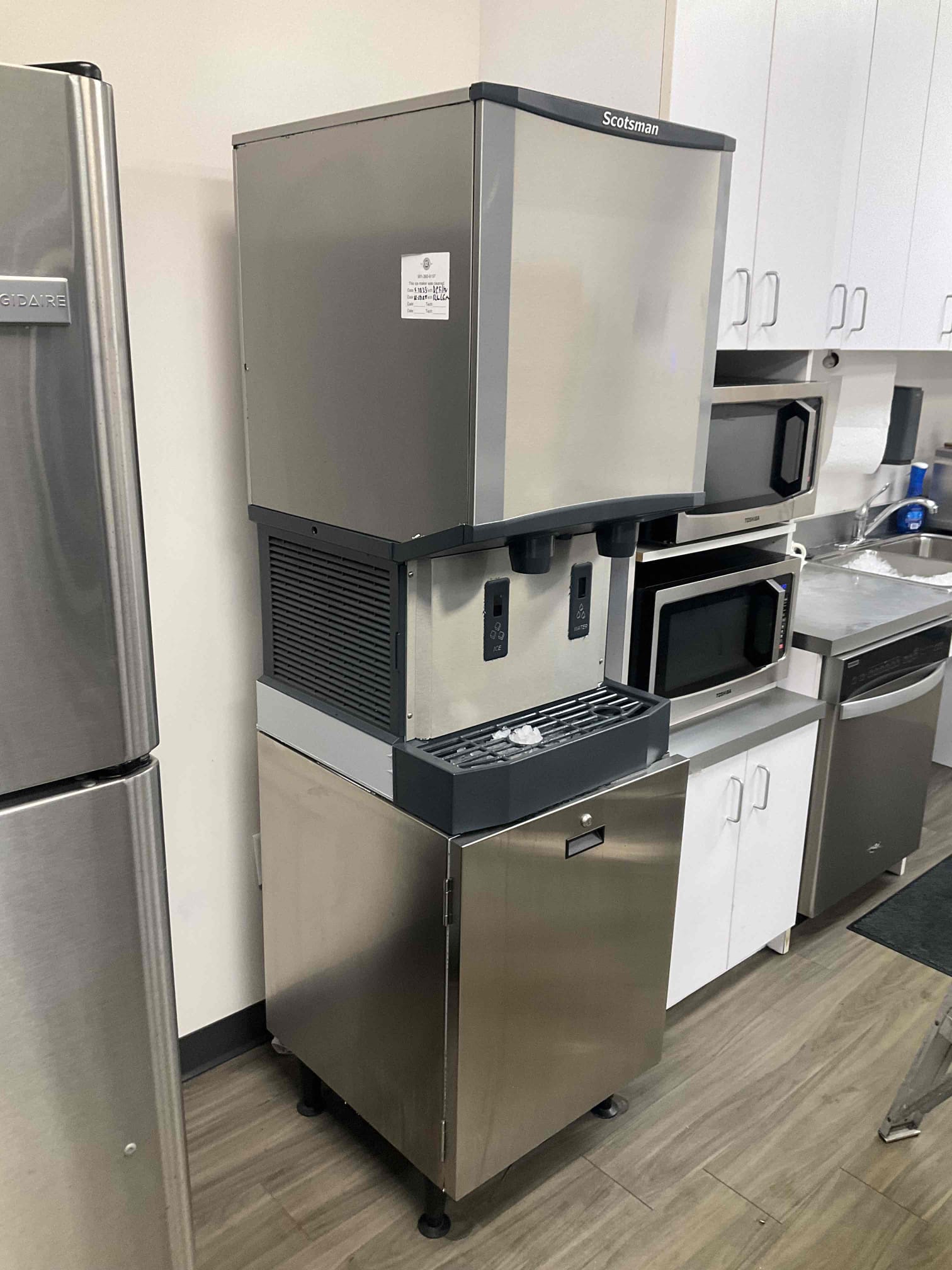
Tips for Improving Airflow Around Commercial Refrigeration Units to Boost Efficiency and Longevity
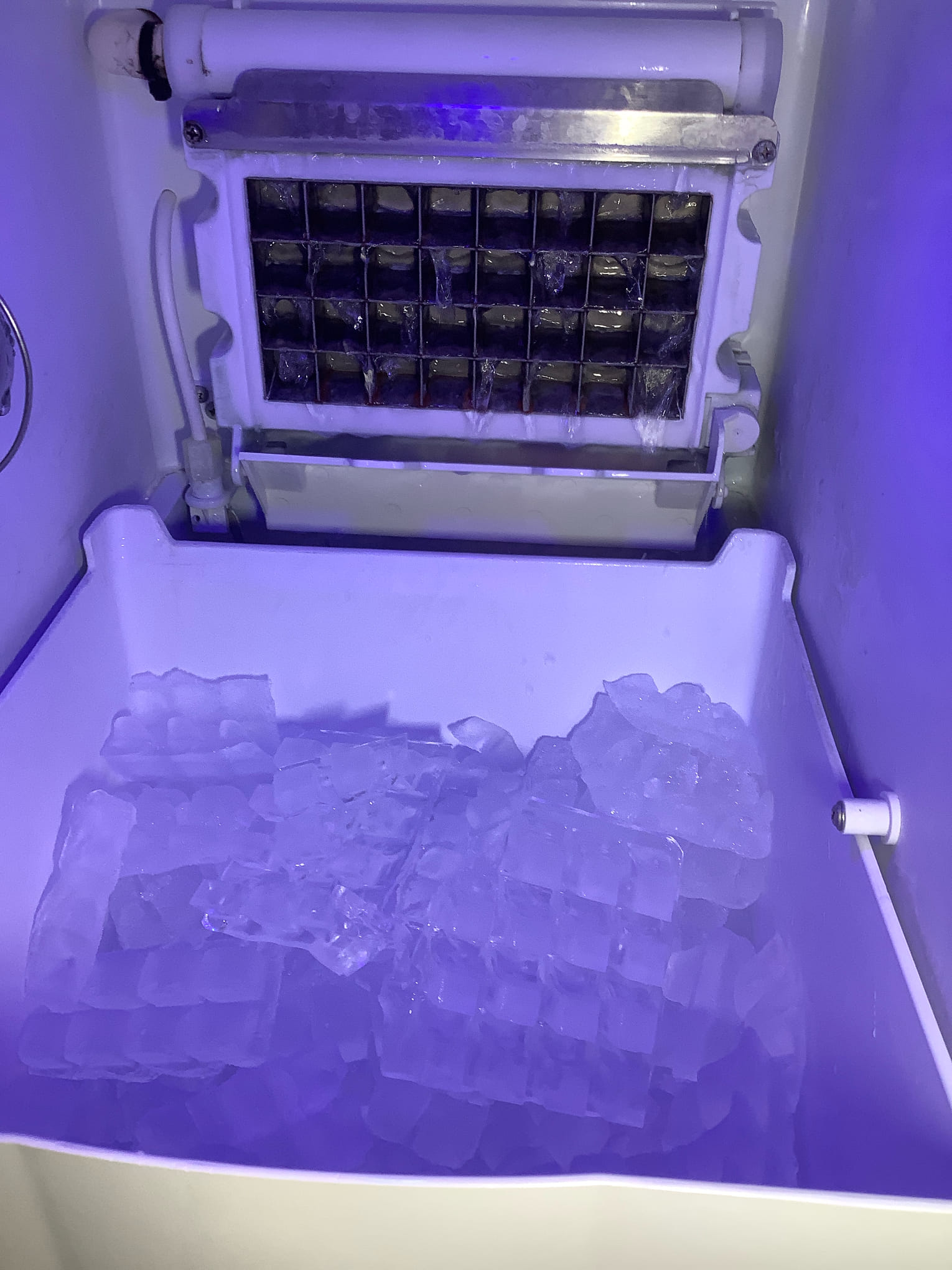
Tips for Organizing Multi-Zone Walk-In Coolers Made Easy and Efficient
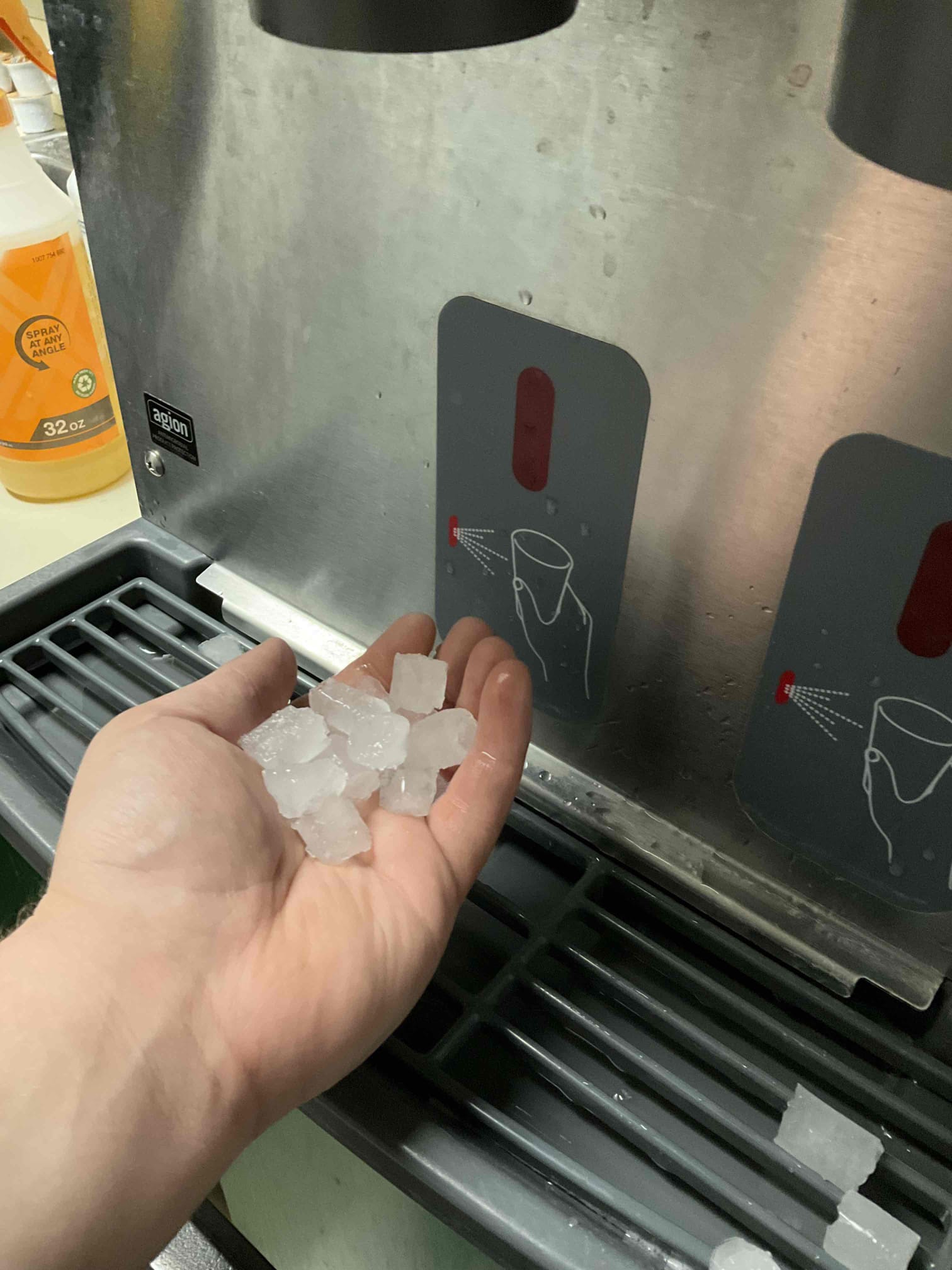
Tips for Organizing Walk-In Coolers for Faster Kitchen Workflow and Efficiency
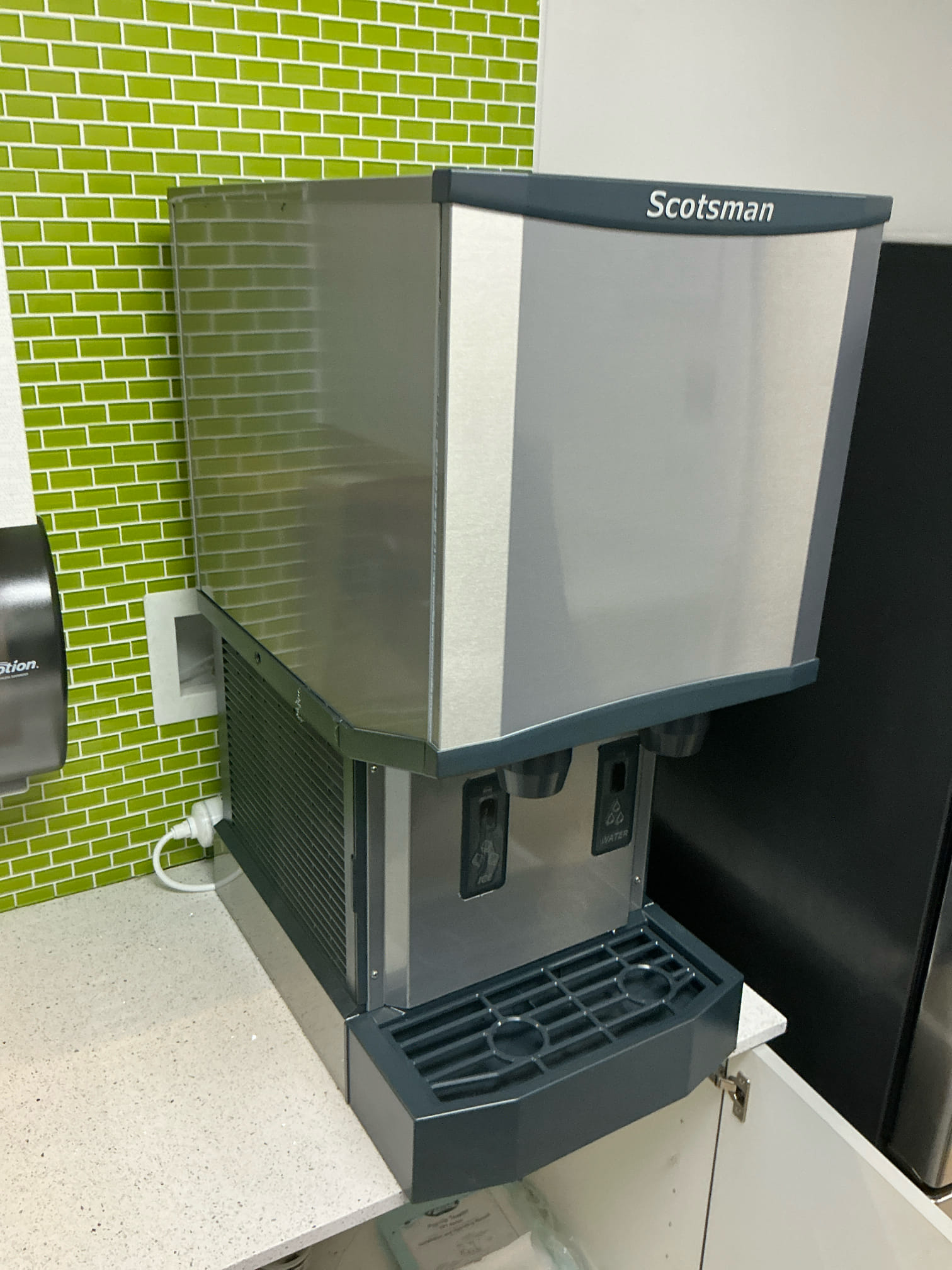
Tips for Organizing Your Walk-In Freezer for Safety and Efficiency Made Easy and Practical

Tips for Preparing Cold Storage Before Major Events Friendly Guide to Staying Organized and Efficient
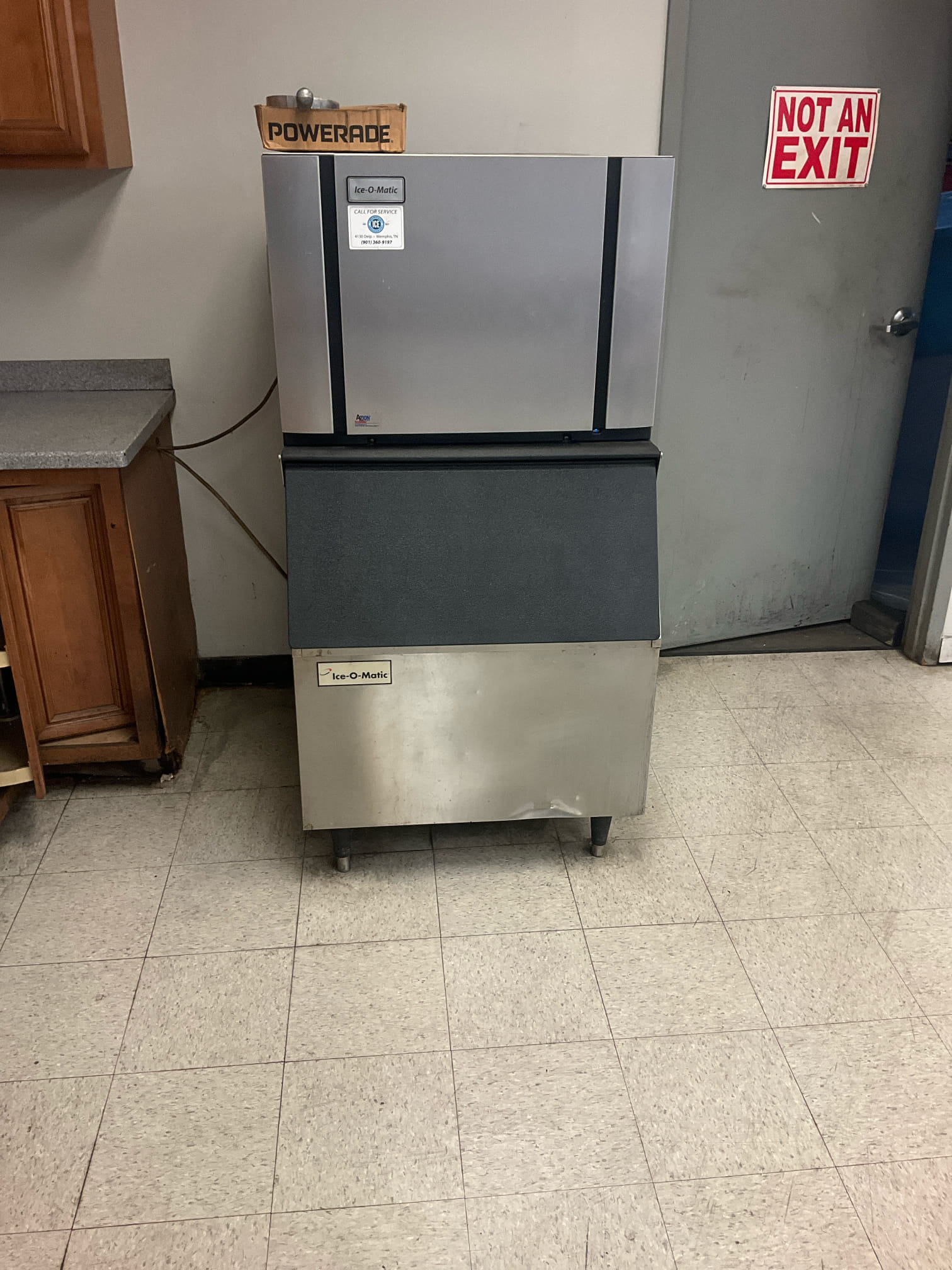
Tips for Reducing Odor Inside Ice Machines Easily and Effectively
